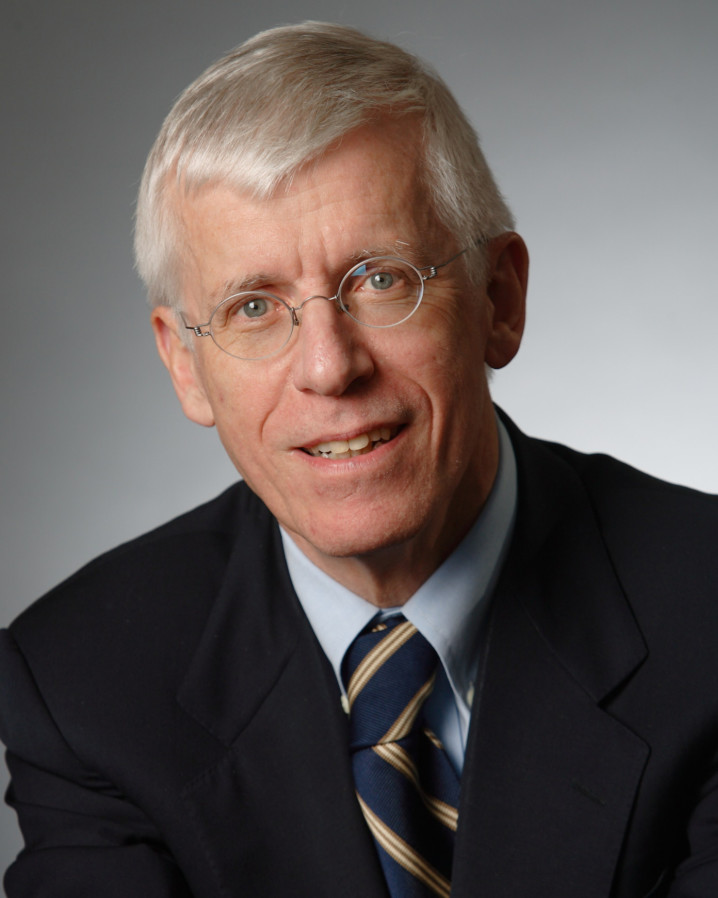
Lecture title: “Advancing the Population’s Health: Moving from Measuring Risk to Action”
A pulmonary physician and epidemiologist by training, Dr Samet is Chair of the International Scientific Advisory Board for the MRC Centre for Environment and Health and the NIHR Health Protection Research Units in Chemical and Radiation Threats & Hazards and in Environmental Exposures and Health at Imperial College London.
His research focuses on the health risks of inhaled pollutants – particles and ozone in outdoor air and indoor pollutants including second-hand smoke and radon. He has also investigated the occurrence and causes of cancer, and cardiovascular and respiratory diseases. For several decades, he has been involved in global health, focusing on tobacco control, air pollution, and chronic disease prevention. Moving from epidemiological research findings to action has been a major thrust of his career.
Dr Samet has served on and chaired numerous committees of the U.S. National Research Council and Institute of Medicine, and chaired the Clean Air Scientific Advisory Committee of the U.S. Environmental Protection Agency and the Food & Drug Administration’s Tobacco Products Scientific Advisory Committee. Dr Samet received the Surgeon General’s Medallion in 1990 and 2006, the 2004 Prince Mahidol Award for Global Health awarded by the King of Thailand, and the 2016 Fries Prize. He is a member of the National Academy of Medicine.
Abstract
Research in public health has the ultimate goal of advancing the health of the population through evidence-based action. The paths from research findings to action are multiple–voluntary, regulatory, legal, and more–and often influenced by countervailing forces from stakeholders. Paradigmatic approaches are applied to bridge from evidence to action, some including risk assessment with systematic review as a component and expert judgment as a pillar in all approaches. This presentation sets out these approaches and addresses their application in examples from environmental health: ambient air pollution, ionizing radiation, and risks of chemicals. It will look to the future and further refinement of methods for characterizing what we know and don’t know as the basis for action.
16:30h Arrivals/Tea, 17:00h Lecture, 18:00h Drinks Reception
The Lecture will start at 5:00pm prompt and finish at 6:00pm and will include time for questions from the audience.
Attendees are welcome to join the informal drinks reception that will follow the lecture.


